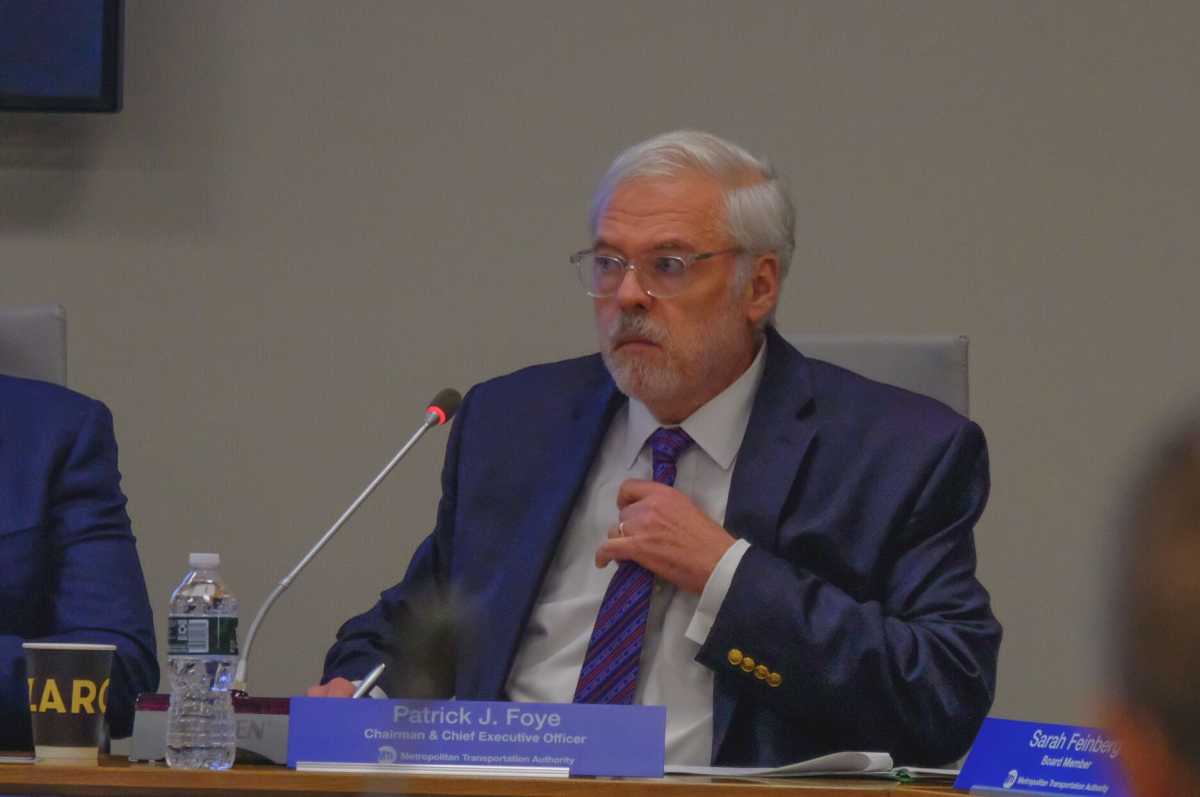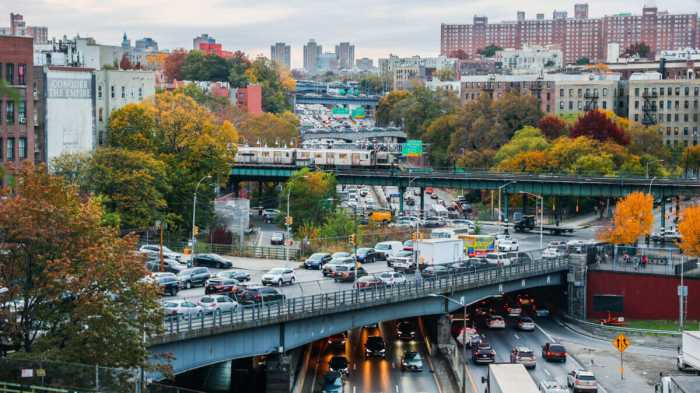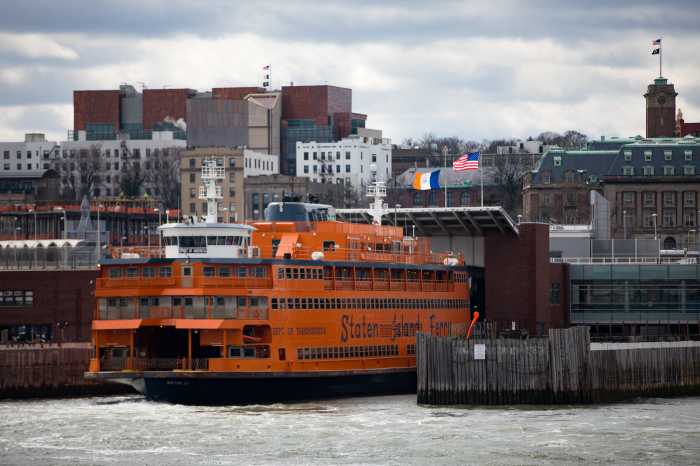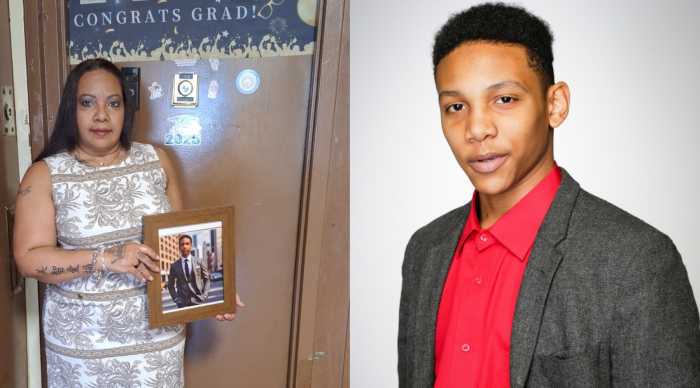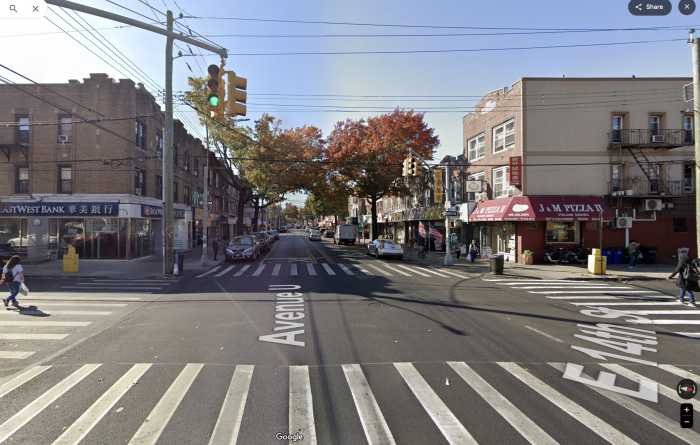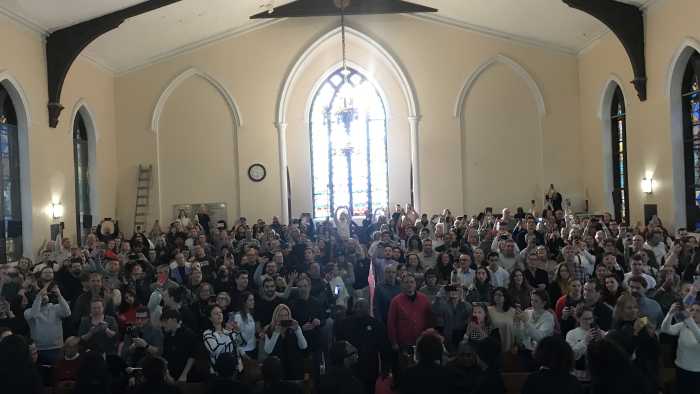The MTA is considering a “transformation plan” that would include a major restructuring from the ground up, including the loss of thousands of administrative jobs and the hiring of 500 new police officers to patrol the subway.
“The financial plan … reflects our commitment to transformation and reform, and reinvesting in operations so that the increases in ridership and on-time performance continue.” MTA chair Pat Foye said. “But as in any budget, it includes – requires — hard choices. This one in particular was contingent on achieving significant savings, and I’ll note that significant risk remain.”
Rebecca Bailin — an advocate for the Riders Alliance, a group staunchly opposed to the the officer hiring plan that Governor Andrew Cuomo authorized earlier this year — said funds to bring in the new police officers should instead be used to improve bus and subway service instead and stated that enforcement would come down heavy on black, brown and immigrant commuters.
“[Gov. Andrew Cuomo] manufactured this crisis,” she said. “What we know from y’all – and other folks – is that crime is down on the subway. Why are we hiring 500 cops in what we see as an attempt to harass immigrant New Yorkers?”
Another speaker said the only thing that scared her more than actual criminals in the subway was 500 “bored cops.”
The overall cost of the 500 officers will cost the MTA $249 million.
Board members Andrew Albert and Sarah Feinberg argued that there had been recent incidents of assault in the subways, justifying an increased police presence. The MTA reported a 39 percent increase in worker assaults, 50 percent increase in hate crimes and 10 percent increase in robberies. Albert and Foye claimed the cops would also prevent terror attacks on the transit system.
MTA Chief Financial Officer Robert Foran said that the new officers, aimed at targeting fare-beaters, will wind up saving the agency $200 million between 2019 and 2023 in regained fare revenue. The MTA is also receiving $40 million in reimbursements from the office of Manhattan District Attorney Cy Vance for the fare-beating crackdown.
Board member David Jones called for a deep dive on fare evasion before voting to deploy the 500 police officers, saying that two-thirds of incidents happen on buses and that the deployment looks bad to the public.
The MTA’s dramatic restructuring, a task which will be led by Chief Transformation Officer Anthony McCord, also cuts back on employee overhead and administrative redundancy, however, the agency says it still plans to see a $212 million deficit in 2022, which would increase to $426 million in 2023, according to Foran.
“The transformation implementation is critical,” CFO Foran said. “Otherwise we are going have unmanageable deficits in the future.”
Board member Susan Metzger suggested increasing bonding to close further gaps in the operating budget as opposed to cutting back on overhead.
“We’ve been cutting cost for many years … but we’re much closer to the bone now,” Metzger said, unenthusiastic about the financial forecast.
The transformation plan will be voted on by the board at its December meeting.



